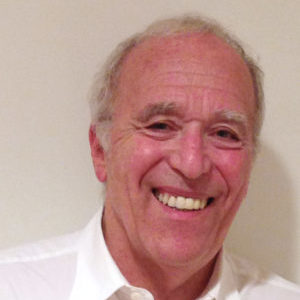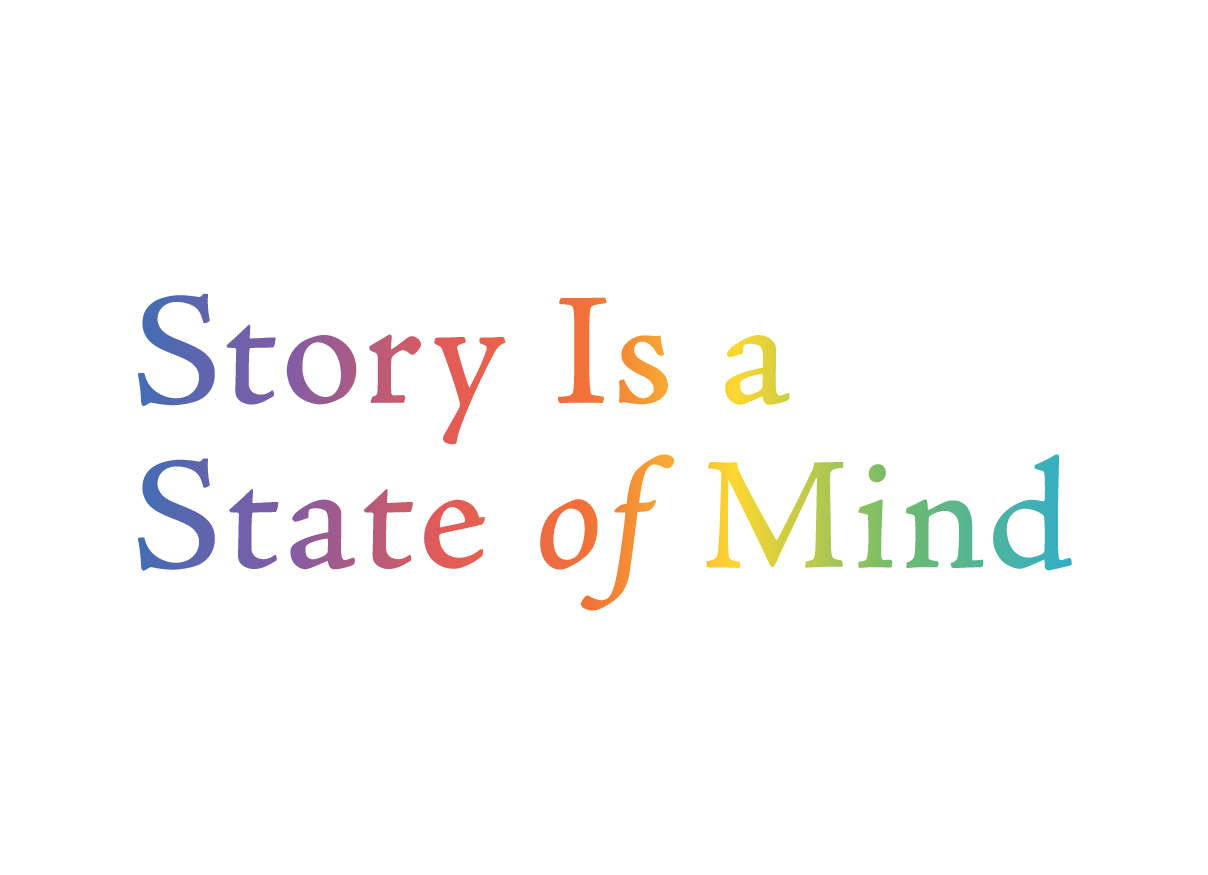Today’s post is written by Anthony J. Mohr. His essay “Super Summer Spectacular” appears in our Spring 2016 issue.
For several years I’d been trying unsuccessfully to build an essay based on the wild contests that AM radio disc jockeys sponsored in Los Angeles between 1959 and 1970. I had so much to say, or so I thought.
I also wanted to write about the era’s disc jockeys, The Swinging Gentlemen as KFWB called them, the Boss Jocks as KHJ labeled theirs. Whatever the moniker, we teenagers treated them like playmates who took our energy and trumpeted it across southern California. Even when deejays predicted “moderate to heavy smog”—which they did a lot in those days—it was with a carefree voice. They were adults who wouldn’t scold. I tuned them in the way today’s kids live on social media.
I must have fiddled with fifty cigarette machines in search of a KFWB “lucky matchbook.” I lost track of how many times I trespassed through yards looking for the letter “B”, allegedly missing from KFWB’s call letters. “Where can KFW be?” the deejays kept asking. Then they amped up the action: “Is the KFWB Mystery Car in your garage?” My parents refused to let me break into my neighbors’ garages to find out.
Shortly after I started writing about these radio escapades, the problem became clear: I had plenty of anecdotes, but no story. My essay emerged as little more than a nostalgia pillow. What were the stakes? None.
When KRLA edged out KFWB as LA’s most popular top forty station, they urged their listeners to design posters linking the station with the Beatles. Whoever created the best signs would receive free tickets and backstage passes to meet the Beatles at the Hollywood Bowl on August 23, 1964, when the group performed there. The judging would occur a couple of Saturdays earlier, at an intersection on Wilshire Boulevard, in Beverly Hills.
I‘ve always recalled that day with fondness. Also that place, where teenagers milled about, admiring one another’s artwork. A ten-foot-tall sign, wide enough to dwarf the three boys who carried it. The four girls struggling with a poster depicting interlinked hearts, inside of which they’d written the singers’ names. The banner, carried by seven boys, which reached so high I had to crane my neck to read it. The entry that measured one foot wide but stretched down the entire block. I felt an essay coming on.
Another failure. My piece didn’t rise above remembrances of a happy day.
I forgot about the subject until, years later, after becoming a judge, I was researching a case before me. Up from Westlaw and Lexis came a California Supreme Court decision that stemmed from one of these competitions, KHJ’s Super Summer Spectacular. Ronald Weirum’s death probably occurred as I was writing a law school take-home final while wishing I were playing on the beach or competing in KHJ’s contest. The confluence of dates presented an ideal opportunity to describe the era’s over-the-top radio games as a backdrop to a story about my reluctance to come of age.
About the Author
Anthony J. Mohr’s nonfiction has appeared in DIAGRAM, Eclectica, Front Porch Journal, Hippocampus, The MacGuffin, Mojo, War, Literature and the Arts, ZYZZYVA, and elsewhere. His works have been anthologized in, among other places, California Prose Directory and Workers Write! Three of his pieces have been nominated for a Pushcart Prize. Once upon a time, he was a member of an improv theater company. By day he is a judge on the Los Angeles Superior Court.











Speak Your Mind